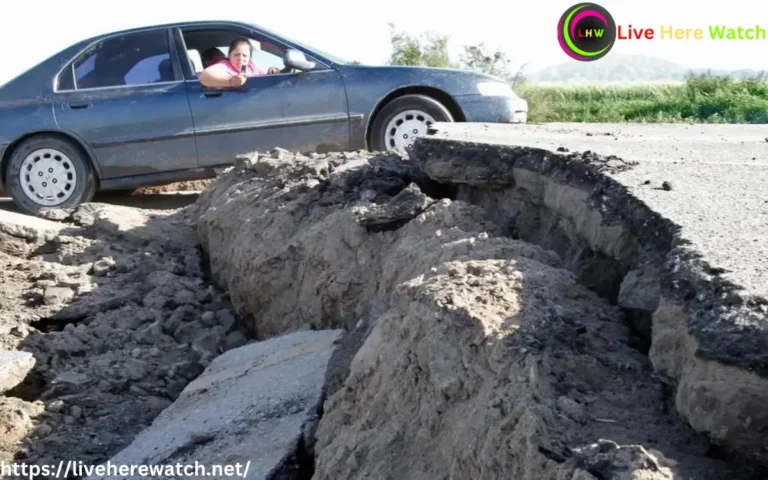China’s economy faces a potential sink as another real estate company defaults, deepening the country’s financial turmoil. This alarming development raises concerns about the overall stability of China’s economy and sends shockwaves through global markets. In this article, we delve into the implications of a defaulting real estate company, explore the challenges it poses, and evaluate the potential crisis that could impact China’s economic landscape.
Unveiling the Challenges: Understanding the Dive into Financial Turmoil
The real estate sector in China has been a crucial driver of economic growth in recent years. However, mounting debt and oversupply have left some companies vulnerable to default. The default of another real estate company signals deeper challenges within the sector, potentially initiating a downward spiral in China’s economy.
The defaulting real estate company’s financial turmoil is likely to have a ripple effect on the market, affecting not only other real estate developers but also banks and investors tied to the industry. A domino effect could ensue, jeopardizing financial stability and triggering a deepening crisis.
China’s Economy at Stake: Evaluating the Potential Sink amid a Severe Crisis
China’s economy has long been seen as a powerhouse, but the potential sink amid a severe crisis looms large. A significant concern is the exposure of China’s banking sector to the real estate market. If defaults escalate and banks suffer significant losses, it could lead to a credit crunch that reverberates throughout the economy, impacting consumer spending, business investments, and overall economic confidence.
Moreover, the real estate sector’s widespread links to other industries, such as construction, manufacturing, and raw materials, amplify the ripple effects of a crisis. This interconnectedness further compounds the risk of an economic downturn, as declining real estate activities would reverberate across the entire supply chain, affecting jobs, incomes, and overall growth.
Conclusion: Navigating the Uncertainty and Implications for China’s Future
The defaulting real estate company in China has raised concerns about the stability and future prospects of the country’s economy. This development highlights the challenges posed by an overleveraged real estate sector and its potential to trigger a broader financial crisis.
Navigating this uncertainty requires proactive measures and careful management from the Chinese government. Effective policies to address debt sustainability, promote financial stability, and mitigate the risks in the real estate sector will be crucial to steer the economy away from further turmoil. Furthermore, fostering diversification and reducing reliance on the real estate industry can help create a more balanced and sustainable economic foundation.
While the challenges ahead are daunting, it is important to note that crises can also be catalysts for change and reform. China has demonstrated resilience in the face of economic challenges in the past, and with judicious policy interventions, the country has the potential to navigate this crisis towards a more sustainable and resilient economic future.
In conclusion, the default of another real estate company in China underscores the challenges that China’s economy faces. The potential sink amid a severe crisis poses significant risks, but also presents an opportunity for restructuring and reform. By addressing the vulnerabilities of the real estate sector, implementing effective policy measures, and diversifying the economy, China can work towards a more robust and sustainable economic model.

























+ There are no comments
Add yours